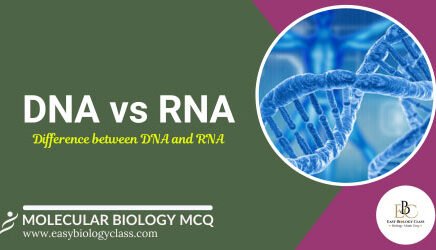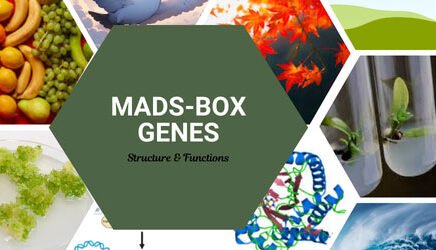
Advanced MCQ on Standard Error with Answer Key (PDF)
Standard error (SE) measures the accuracy with which a sample represents a population. It quantifies the variability of a sample mean by showing how much […]

Standard error (SE) measures the accuracy with which a sample represents a population. It quantifies the variability of a sample mean by showing how much […]

ANOVA, or Analysis of Variance, is a statistical method used to compare the means of three or more groups to determine if there are significant […]

T Test MCQs with Answer: A t-test is a statistical method used to determine whether there is a significant difference between the means of two […]

Z Test MCQs: A Z-test is a statistical method used to determine whether there is a significant difference between the means of two groups, typically […]

An F-test is a statistical method used to compare the variances of two populations to determine if they are significantly different. It’s commonly used in […]

Chromatin immunoprecipitation Assay or ChIP Assay is a technique to study the protein–DNA interactions within the cells. This technique is essential for identifying whether particular […]

Ribozymes, or ribonucleic acid enzymes, are RNA molecules capable of catalyzing specific biochemical reactions, such as RNA splicing during gene expression, in a manner similar […]

Deoxyribonucleic acid (DNA) and ribonucleic acid (RNA) are essential nucleic acids in biological systems, performing critical roles in the storage, transmission, and execution of genetic […]

Studying how genetics shape plant development has been a key part of botanical research for a long time. The MADS-box gene family, named after its […]